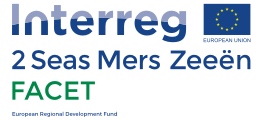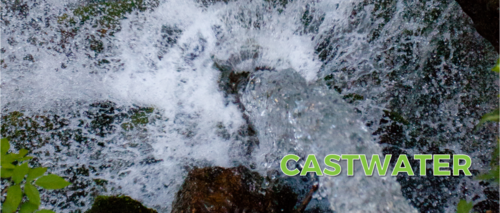
Castwater online tool
This tool can help SMEs identify ways to assess and improve water management issues in your enterprise. The tool will make you a series of questions to evaluate your current status and identify ...
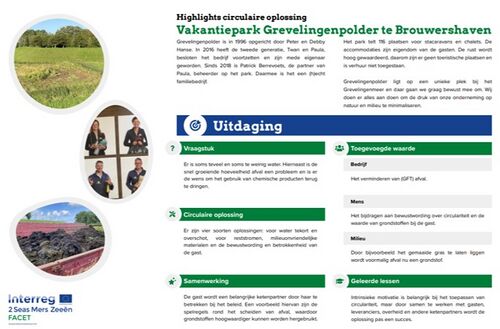
Holidaypark Grevelingenpolder
Thanks to the use of wadis and plants that retain a lot of moisture in the soil, optimal use is made of rainwater and the use of tap water is prevented.
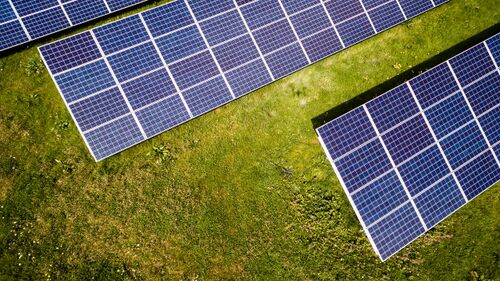
Solar collectors; heat pump boilers and rainwater storage tanks
At a campsite a lot of (warm) water is needed every day, because everyone wants to be able to shower and wash when they are camping. At a campsite such as the Kreekebos campsite, about 2000 liters ...
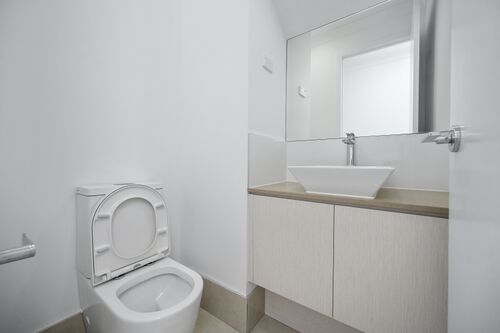
Toilet with rain flushing water
A toilet that flushes with rainwater saves on the use of clean drinking water. The waste water from the toilets is treated on site.
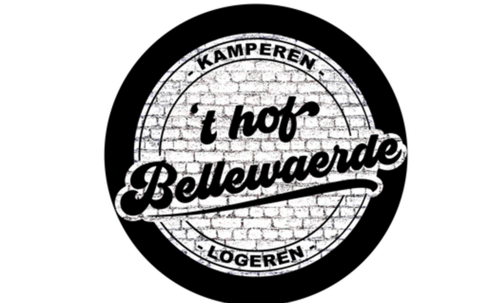
Wastewater treatment
Camping 't Hof Bellewaerde has had a phytoparking installed by Rietland that purifies black (32m2) and gray (44m2) waste water separately.
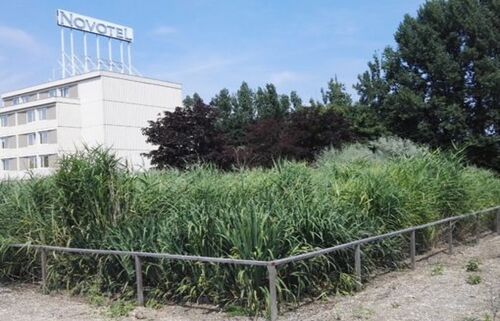
watermanagement
Wastewater treatment
In 2015, Novotel in Antwerp-North opted for purification of all their wastewater by means of a phytoair (aerated helophyte filter).
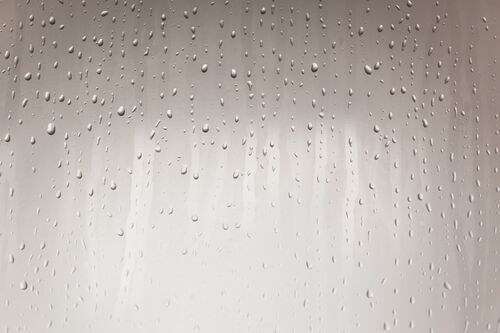
Water Saving Shower Heads
Everyone flushes 130 liters of dirty water every day. This water disappears through the toilet, sink and shower drain. Water is saved by means of, among other things, water-saving shower heads.
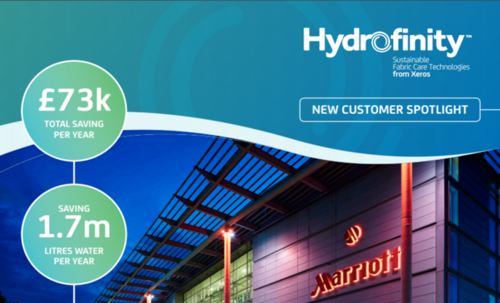
Water savings
The London Heathrow Marriott saved 1.7 million litres water per year by opting for an on-site laundry
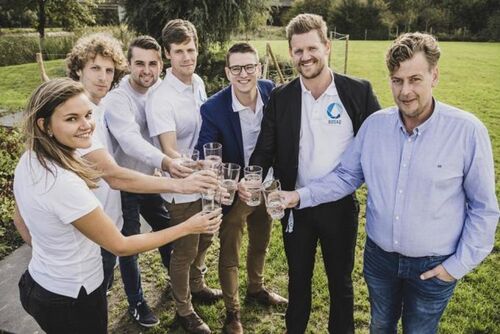
watermanagement
Water supply and wastewater purification
Drinking water from purified wastewater? The restaurant Gust’eaux in Kuurne (Belgium) partnered with BOSAQ, Tuincreatie Igodt, Vlakwa and Ghent University to establish a world-first(!). The ...
Watermanagement
Watermanagement
![]()
[mailto: ]
Copyright 2024 | [[|Disclaimer]] | [[|Cookieverklaring]] | [[|Privacyverklaring]]
